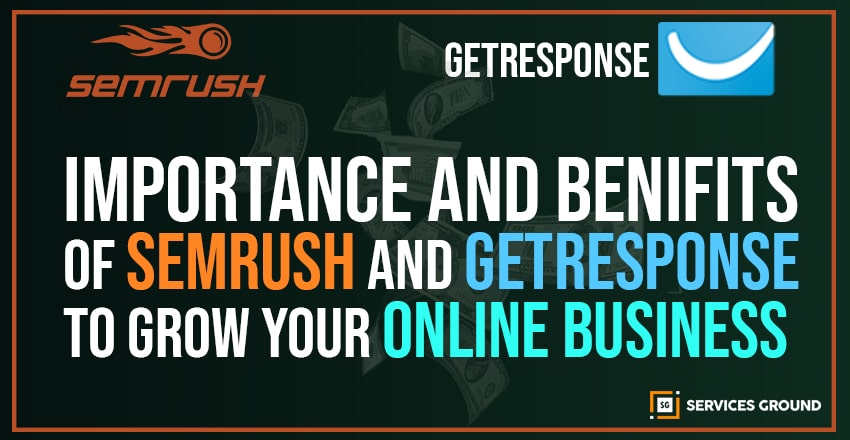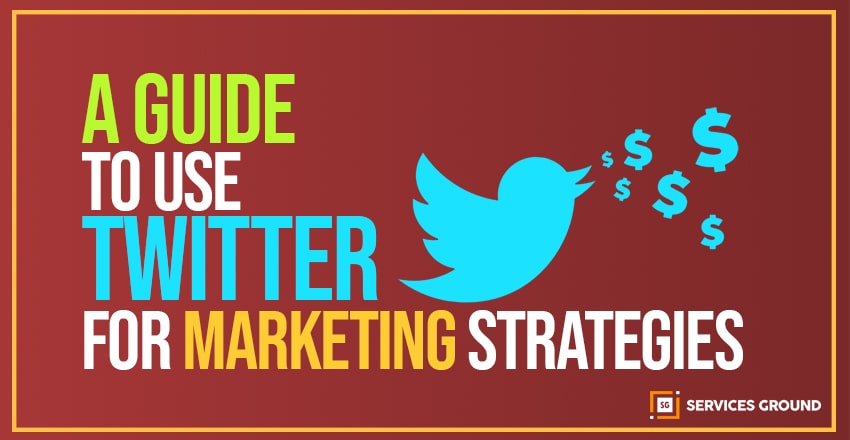What is PPC?
PPC is an abbreviation of Pay-per-Click. It is a model of online marketing that helps you to advertise your products and services on Google. This model enables you to drive traffic to your websites. The advertiser will get charged only if the user clicks on the ad.
Let’s discus brief discussion about PPC and Google Ads.
What Is A PPC Campaign?
A PPC campaign is an advertising strategy designed to achieve a specific goal, known as conversion. The most common conversion goals include generating more leads and getting customers to buy. Advertisers want to create keywords, user search queries, and ads with those keywords so that their ads perform well on search engine results pages.

Your ad may appear on the search network when someone searches for terms that are similar to your products and services. You can set up PPC campaigns on ad platforms, using dedicated systems to create, publish, and promote your specific ads. The main PPC marketing platforms are Google and Bing.
Google Ads
Google is a controlling force in paid advertising, who keeps almost 80% of the market share. You can use Google Display or the search network to post PPC ads, which will reach more people on Google than any other platform. It is an advertising system where advertisers bid on specific keywords for their ads to appear in Google search results.
Why Is Google Ads A Better Option For PPC Campaigns?
Google Advertising is a pay-per-click platform. Google Advertising was launched in October 2000 and has had several repetitions over the past 17 years.

Advertising is designed for a full spectrum of companies, from small businesses to Fortune 500 companies.
Google AdWords helps you find your target audience looking for specific terms related to your brand, product, and content. Here you can learn how to set up your Google AdWords account and set up your budget. Let’s take a look at the benefits that help you to decide if AdWords enables you to reach your ideal audience and will you achieve your digital marketing objectives.
Benefits Of PPC Ads:
- Use the free Google AdWords Word Planner to help research the long-term keywords your target audience is looking for, use these terms to create your advertising campaigns.
- Create absorbing ads that deliver the messages and products or services that the audience is looking for.
- Set a daily budget so you don’t go overboard.
- Reach your users with whatever device they’re using like Desktop, mobile, or tablet.
- Evaluate the impact of your campaigns and find out how many people see your ads, the likelihood of clicking on your ads, and how much you have sold as a direct result.
- You can test and modify your ads at any time, and pause and resume your ads till they appear appropriate.

How To Manage Your PPC Campaign?
1. Select your Keywords
Before starting PPC campaign, you need to decide which keywords you want to target. Keywords are terms that users type in the search bar to get the information they are looking for. To run a PPC campaign, you need to know what terms people are looking for, and what keywords are likely to bring you customers who will pay.
Keywords in your PPC campaign help you and your users are communicating with each other using the same language. This means it’s easier for them to find you, and it’s easier for you to get their attention.

The keywords you choose should include more targeted long-tail keywords that reflect the searchers’ intention to become users. For example, if you are selling jewelry, the term “jewelry” will not get you many qualified customers. People may try to find general information about the jewelry in search of this keyword or maybe even find the rules of the backyard game of the same name.
Instead, you may want to use more specific keywords, such as “jewelry for sale in [location]”. The number of people using these keywords will be small, but the people who use them are more likely to become highly paid users.
2. Create your Landing Pages
Create pages that are built around keywords, to provide in-depth helpful information on them. Using our example already, this might include a page “Latest designs of jewelry,” “Jewelry for babies”, or another specific title that provides specific information on the subject.
3. Write Your Ads
When you have your keywords and your pages, write your ads. Each Ad you create should have two main sections, headline and call to action.
Your Ad headline should include the keywords you want to target. Most search engines bold a keyword when it appears in an Ad, to get the attention of potential customers.

When you have customer’s attention, time to encourage them to switch by using Call to Action. “Call now”, “Buy now”, and “Sign up now” are all examples of virtually strong calls that tell consumers exactly what to do to become new customers.
You may include your phone number, address, links to other pages, sign-up forms, and other helpful elements in your Ads that help users to become your customer and have trust in you.
4. Track The Results
One of the reasons PPC is so valuable to the marketing industry is that it is highly reliable. You can get the exact number of times your ad appears and how many times it is clicked, and even who clicks on it. With all of this information, you can improve your PPC campaign, and you can also use it to improve your marketing.
Some of the most important data in PPC are impressions, click-through rate, and bounce rate. Impressions are the numbers that how many times your Ad is shown in search.

The Click-through rate is the percentage of people who clicked on your ad after seeing it. If someone sees your ad and clicks, it leads to your CTR. Your goal is to maximize your CTR.
And the bounce rate is the number of people who see your ad, click on it, and then go back without doing anything. In general, a high bounce rate (90% or more) means that people aren’t finding what they’re looking for on your site, and you’re providing a poor user experience. In this case, you need to review and amend your PPC ads and reduce this bounce rate as much as possible so that you can get more leads and convert more users.
Thanks For Reading.
If you liked this article and want to read more of these, please subscribe to our newsletter and follow us on Facebook, Youtube, Linkedin, and Twitter.








